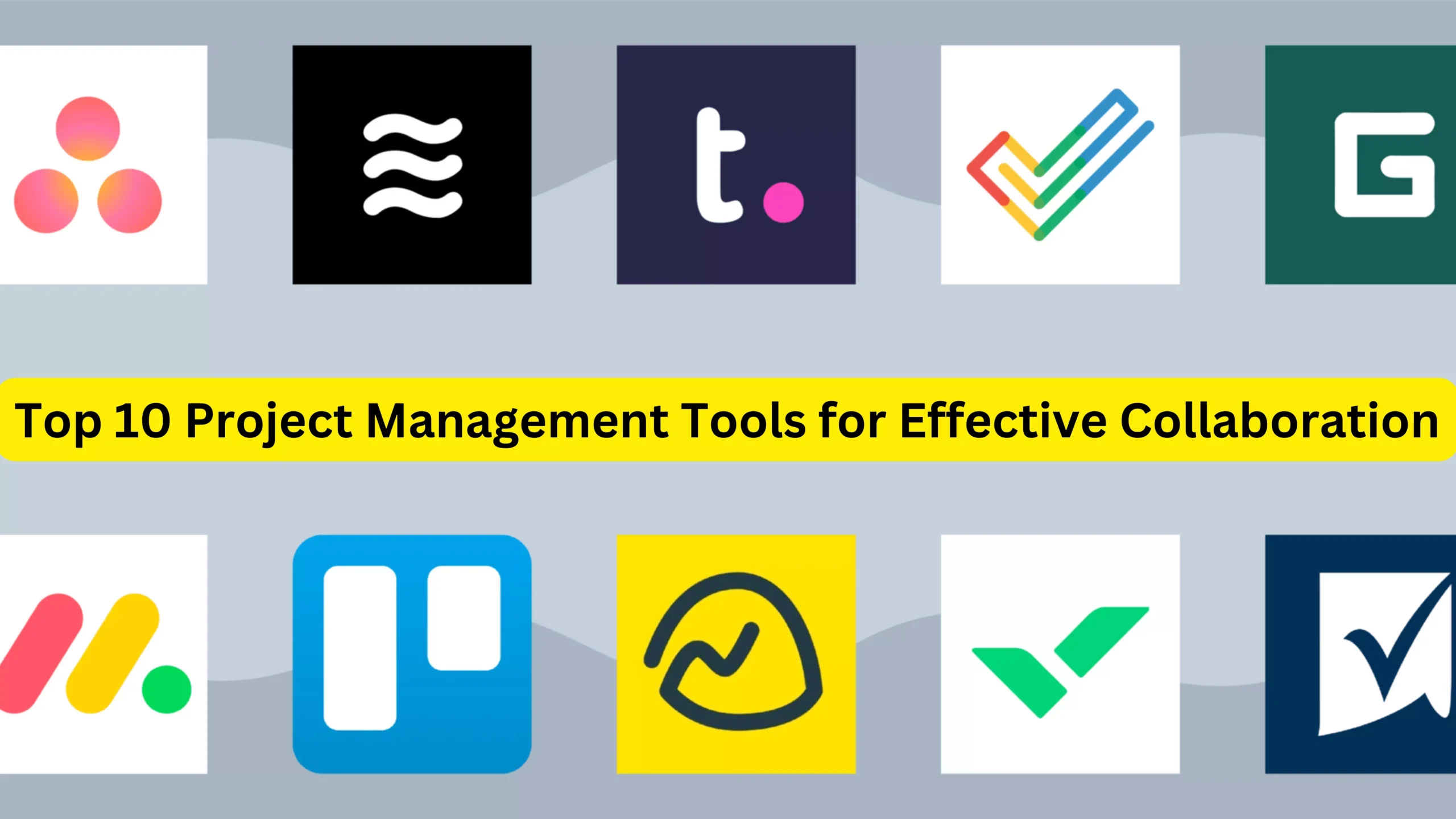Introduction
In today’s fast-paced work environment, collaborative project management is not just a necessity but a backbone of successful team dynamics. The right tools do more than just help manage projects—they enhance team productivity and streamline workflows to ensure that every project milestone is met efficiently.
Comprehensive Platforms
Asana: Streamlining Workflow
Asana has emerged as a leader in project management by enabling teams to stay on track with their projects and daily tasks. Its intuitive design helps in setting priorities and deadlines, sharing details, and assigning tasks across the team. Ideal for both small projects and large initiatives, Asana makes sure everyone stays in sync and knows their next steps.
Monday.com: Customizable Management
With its highly customizable setup, Monday.com stands out by adapting to the specific needs of any team. It integrates seamlessly with a multitude of tools, ensuring that all your data flows between apps without friction. The platform’s ease of use and robust functionality make it a top choice for teams looking to craft a workflow that truly matches their operational style.
Communication Tools
Slack: Real-Time Team Communication
Slack is synonymous with modern team communication. Its real-time messaging capability, integrated file sharing, and seamless integration with other management tools make it indispensable for teams that prioritize quick, clear communication. While primarily a communication tool, Slack’s integrations bring a level of project management capability as well.
Microsoft Teams: Integrated Workplace
A component of the broader Microsoft 365 suite, Teams excels in creating a fully integrated workplace. From meetings and chat to file storage and application integration, Teams provides a robust platform for communication and collaboration, enhancing productivity across the board.
File Sharing and Collaboration
Google Drive: Accessibility and Storage
Google Drive offers a flexible, secure platform for storing and sharing files. With its powerful collaboration features, such as simultaneous document editing and comment functionalities, it ensures that team members can collaborate on documents in real time, no matter where they are in the world.
Dropbox Business: Large-Scale Solutions
Designed for larger teams and organizations, Dropbox Business provides more than just file storage. Its advanced security features protect sensitive information while allowing team members to collaborate effectively on projects, ensuring that data is always accessible and secure.
Task and Time Management
Trello: Visual Task Management
Trello utilizes a card-based task management system that is as visually intuitive as it is effective. It’s perfect for teams that benefit from seeing tasks laid out visually. Whether you’re managing a small project or coordinating multiple large-scale operations, Trello’s simplicity and adaptability make it a go-to tool.
ClickUp: All-in-One Platform
ClickUp is acclaimed for its ability to consolidate tasks, documents, goals, and chats into a single platform. This all-in-one tool stands out with features that cater to various project management needs, from simple task assignments to complex project tracking. Its flexibility allows teams to customize the experience entirely, which can significantly enhance productivity by aligning the tool’s functionality with the team’s specific workflows.
Advanced Project Management
Jira: For Agile Teams
Jira is particularly tailored for teams that employ Agile methodologies in their software development processes. With features that support sprint planning, issue tracking, and release management, Jira integrates deeply with other Atlassian products, providing a comprehensive ecosystem for teams that specialize in development and IT projects.
Wrike: Detailed Project Planning
Wrike excels in helping teams manage their projects through detailed planning and workflow automation. Its strong suit is its ability to customize workflows for different team needs, making it an ideal choice for managing complex projects that require meticulous attention to detail. The tool’s capabilities in workload management help teams distribute tasks efficiently, avoiding burnout and ensuring a balanced distribution of responsibilities.
Emerging Tools and Technologies
As the project management landscape evolves, so do the tools designed to improve team collaboration. New technologies are continually emerging, bringing innovative features that promise to redefine how teams collaborate and manage projects. Staying abreast of these developments can provide significant advantages by incorporating cutting-edge technologies that enhance team collaboration and project outcomes.
Conclusion
Project management tools are indispensable in today’s collaborative work environments. From comprehensive platforms like Asana and Monday.com to specialized tools like Jira and Wrike, the right tools can transform the way teams work together, ensuring projects are completed on time and within budget. As technology continues to advance, the integration of these tools into daily workflows will become even more seamless, further enhancing productivity and collaboration.
FAQs
What makes these tools essential for project management?
Tools like Asana, Slack, and Jira provide structured environments that streamline communication, task delegation, and progress tracking, which are crucial for efficient project management.
How do I choose the right tool for my team?
Consider your team’s size, the complexity of projects, and specific needs like communication frequency, integration with other tools, and budget. Trial periods can also help in making a final decision.
Can these tools integrate with other software?
Most modern project management tools are designed with integration in mind, allowing them to seamlessly connect with various other software applications, enhancing functionality and user experience.
What are the cost considerations for these tools?
Pricing varies widely based on features, the number of users, and required support. Most tools offer scalable plans to suit different budgets and team sizes.
How do these tools support remote work?
These tools facilitate remote work by providing platforms where team members can collaborate, share files, and communicate effectively regardless of their physical location, making them essential in today’s global work environment.

